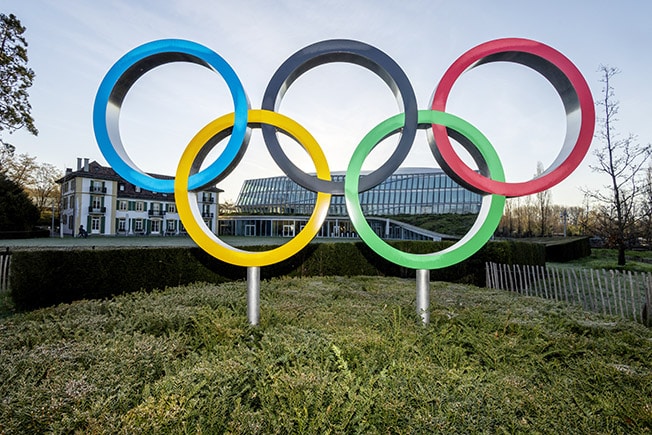The sports ethics committee’s report on the potential squandering of public money by the Olympic Committee (KOE) has been handed over to the attorney general’s office, it emerged on Tuesday.
The sports ethics committee received the report’s findings last Wednesday, which was studied on Monday and adopted in its entirety as it appears prima facie that criminal and disciplinary offences may have been committed.
The issue was discussed during a House ethics committee on Wednesday, focusing on a number of complaints received by the audit service regarding Cyprus’ participation in the Games of the Small States of Europe (GSSE) in Malta in May, as the total cost of the Cypriot mission was much larger than for previous events.
Specifically, auditor general Odysseas Michaelides told the committee that in addition to the 187 athletes, another 100 people were also part of the mission, including a large number of media representatives, with all expenses paid using funds provided by the foreign ministry.
An additional complaint was that the KOE president stayed in a more expensive hotel than other members of the mission.
Marianna Aspri, head accountant of the foreign ministry, which subsidises KOE, told MPs that the latter did not immediately justify the high cost of the mission.
The complaint was forwarded to the foreign ministry in August, with Aspri telling the committee that the ministry asked KOE for an explanation in a letter sent in late August, and then again in a follow-up in September, to which KOE only responded on Tuesday afternoon.
Adding fuel to the fire, KOE general secretary Andreas Georgiou and committee members Andreas Theophylaktou and Dimitris Leontis, who were present at the session, painted a disparaging picture of KOE president Giorgos Chrysostomou’s management style, claiming they were kept in the dark about communications and meetings with the foreign ministry on the issue.
They spoke of bad governance practices, non-observance of good practices, failure to inform the members of the executive council for decision-making, and bullying.
They also went as far as to question where a sponsorship of €200,000 from Opap went as there were no meetings on the subject, and information about the Malta mission was incomplete.
Georgiou said the biggest problem of recent years is the recording of minutes, as Chrysostomou stopped taking minutes when he took over as president of KOE.
“He records what he wants,” Georgiou said, referring to incorrect minutes and the non-recording of the views of dissenters, while noting that nobody takes minutes during meetings of the executive council.
Saying that Chrysostomou’s behaviour is “an insult to the Olympic movement”, he noted that it is a constant practice of his not to answer letters and questions, but to resort to insults instead.
He added that he himself was “singled out” during a meeting when he attempted to address the GSSE issue, with Leontis adding that the president’s behaviour towards him “border[ed] on bullying”
Chrysostomou was not present at the House ethics committee session.
Meanwhile, the vice-president of the sports ethics committee Efthymios Efthymiou said it has conducted an investigation into KOE, also noting that issues of intransigence and corruption were examined in 2023.
The findings of the investigation are now with the attorney general for further action based on his constitutional powers, the statement concluded.







Click here to change your cookie preferences